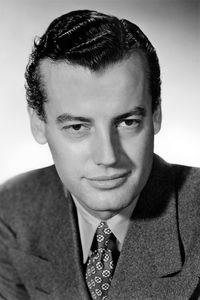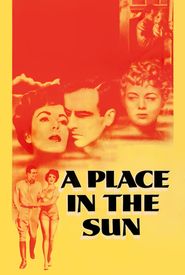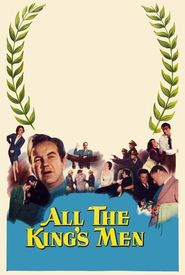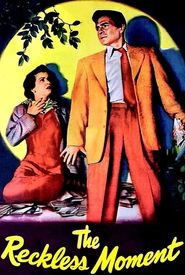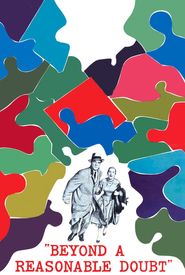Shepperd Strudwick, Jr. was born on September 22, 1907, in North Carolina, to a family of prominent descent. His father was a cotton mill executive, and his ancestors included doctors, scientists, architects, actors, and painters. Strudwick attended the University of North Carolina at Chapel Hill, initially intending to become a writer. He joined the university's drama club, the Carolina Playmakers, and eventually switched his major to drama.
Strudwick began his professional career in New York, appearing in small parts in two Broadway plays, "The Yellow Jacket" and "Falstaff," both starring Charles Coburn and his wife, actress Ivah Wills. He went on to appear in numerous Broadway and regional productions, including "Both Your Houses," "Let Freedom Ring," and Shakespeare's "As You Like It," in which he starred as Orlando.
In the late 1930s, Strudwick was summoned to Hollywood, where he gained notice for his debonair portrayals of Southern-styled gentlemen. He tested for the part of Ashley Wilkes in "Gone with the Wind" but lost the role to Leslie Howard. At MGM, he appeared in a number of films, including "That Mothers Might Live," "Fast Company," "Congo Maisie," and "Dr. Kildare's Strange Case."
Strudwick changed studios and his marquee moniker in 1941, signing with 20th Century Fox. He used his real name under the New York stage lights and continued to appear in films, including "The Loves of Edgar Allan Poe," opposite Linda Darnell. Despite his abilities, he remained a second-tier performer.
In the post-war years, Strudwick was firmly entrenched in character roles, usually playing patrician fathers, corrupt politicians, reverends, or sober-faced professional types. He appeared in such films as "Joan of Arc," "All the King's Men," and "A Place in the Sun." A member of the Actors Studio, where he met his second wife, actress Margaret O'Neill, Strudwick went back to using his real name in both stage and film outings once his "leading man" chances had passed.
Strudwick made a strong return to Broadway in the 1950s, appearing in comedic and dramatic productions, including "Affairs of State," "The Bat," "The Ladies of the Corridor," and "The Night Circus." He portrayed George in the matinée productions of the landmark Edward Albee drama "Who's Afraid of Virginia Woolf?" on Broadway and eventually took over the part in August of 1963.
Frequently on TV, Strudwick was a regular dramatic guest player throughout the 1960s and 1970s on such shows as "The Twilight Zone," "The Defenders," "McMillan and Wife," and "The Name of the Game." He also joined the daytime drama circuit, playing both stand-up gents and shady ones on serials such as "As the World Turns" and "Another World." He had Emmy-nominated turns on the soaps "One Life to Live" and "Love of Life."
Shepperd capped his theatrical career with a Tony-nominated featured performance in "To Grandmother's House We Go" in 1981. Following his last acting part on a 1982 TV episode of "Nurse," Strudwick took ill and died of cancer in New York City on January 15, 1983. He was survived by his son and his fourth wife, Mary Jeffrey, whom he married in 1977.
